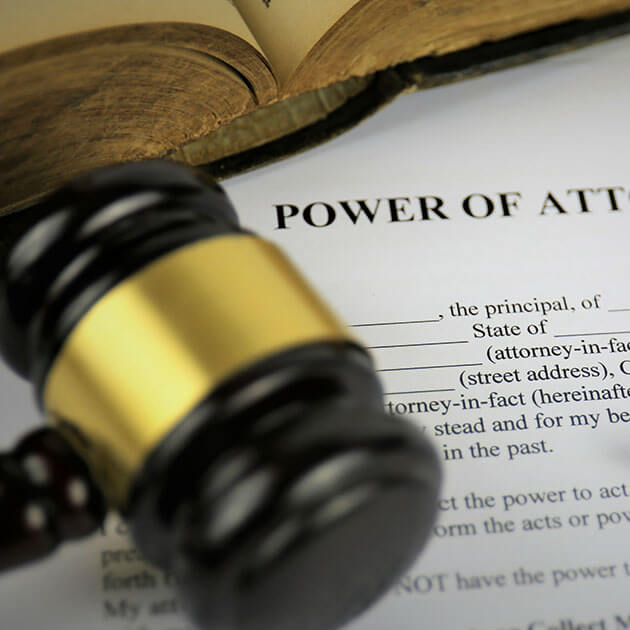The Principal in a Power of Attorney is the person making the legal document, granting authority to someone else called the Attorney-in-Fact. The Attorney-in-Fact is the recipient of the authority.
The document itself is called a Power of Attorney. A Power of Attorney is a vital legal document that allows an individual, the Principal, to appoint someone they trust to manage their affairs and make decisions on their behalf. This document is commonly used in situations where the Principal becomes incapacitated or unable to make decisions due to physical or mental health issues.
{getToc} $title={Table of Contents} $count={Boolean}
The Attorney-in-Fact, also referred to as the agent, acts in the best interest of the Principal and is granted specific powers outlined in the Power of Attorney document. The Principal retains the right to revoke or modify the Power of Attorney as long as they are mentally competent. It is important to carefully choose a trustworthy and reliable person to act as the Attorney-in-Fact.
Definition And Role Of The Principal
Who is the Principal in a Power of Attorney?
The "Principal" is the person making the Power of Attorney. The person receiving the principal's authority as his/her agent is called the "Attorney-in-Fact" (not the Power of Attorney). The document granting the authority (not the agent itself) is called a Power of Attorney.
Choosing The Principal
Choosing the Principal for a Power of Attorney is an important decision that requires careful consideration. When selecting a Principal, certain considerations should be taken into account. One crucial factor is the capacity and legal competence of the Principal. It is essential to ensure that the Principal has the mental and legal capacity to understand and make decisions regarding their affairs. Another important aspect to consider is the importance of trust and confidence in the Principal. The Principal should be someone that you trust implicitly as they will have the authority to make decisions on your behalf. Ultimately, choosing the right Principal is crucial for ensuring that your Power of Attorney is effective and that your best interests are protected.
Powers And Limitations Of The Principal
Powers and Limitations of the Principal:
Types of Powers Granted to the Principal:
- Authority to Make Decisions and Take Actions: The principal in a power of attorney has the power to make decisions and take actions on behalf of someone else. This can include financial decisions, medical decisions, and other types of decisions that may arise. It is important for the principal to understand the scope of their authority and to use it responsibly.
- Legal Restrictions and Limitations for the Principal: While the principal has certain powers granted to them, there are also legal restrictions and limitations that they must adhere to. These restrictions can vary depending on the jurisdiction and the specific details of the power of attorney document. It is important for the principal to understand these restrictions and limitations to ensure they are acting within the bounds of the law.

Credit: www.nationalnotary.org
Frequently Asked Questions For Who Is The Principal In A Power Of Attorney
What Is Principal Vs Agent In Poa?
The "Principal" is the person making the Power of Attorney. The person receiving the principal's authority as his/her agent is called the "Attorney-in-Fact" and the document granting the authority is called a Power of Attorney.
What Does Principal Mean In Will?
The "principal" in a will refers to the person making the will, also known as the testator. They are the one who decides how their assets and estate should be distributed after their death.
What Three Decisions Cannot Be Made By A Legal Power Of Attorney?
A power of attorney cannot make decisions regarding medical treatment, end-of-life decisions, or changes to a will or trust.
Who Is Considered The Principal In A Power Of Attorney?
The "Principal" in a Power of Attorney is the person who is granting the authority to someone else to act on their behalf. They are the individual giving the power and control to the designated "Attorney-in-Fact" or agent.
Conclusion
The principal is the key individual in a Power of Attorney document, granting authority to their chosen attorney-in-fact. The attorney-in-fact is the recipient of this authority, responsible for acting on behalf of the principal. It is crucial to understand that the Power of Attorney itself is the document granting this authority, rather than the agent.
By comprehending the roles and responsibilities of both parties involved, individuals can navigate the Power of Attorney process with confidence and clarity.
